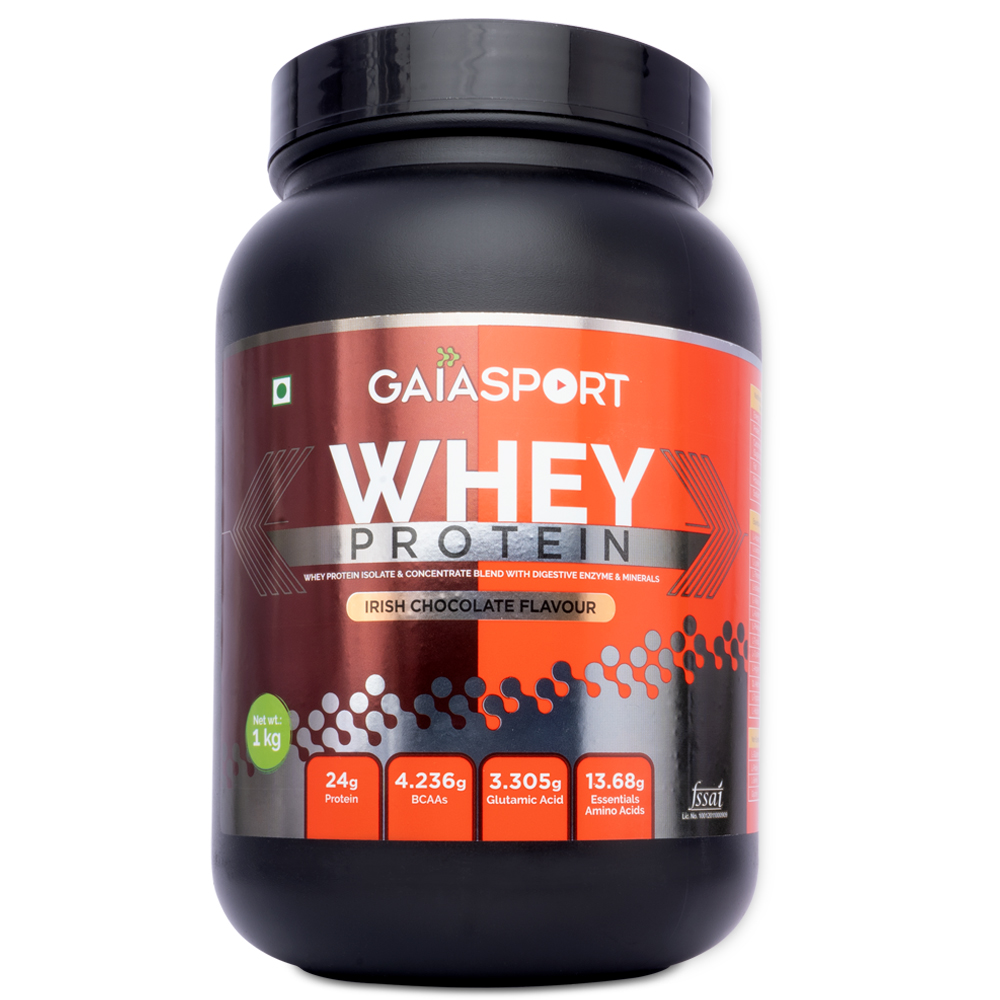Total polyphenols
Micronutrient
Last update date: October 11, 2023
Total polyphenol content is the reference evaluation of the amount of polyphenols present in the plant extracts and foods.
Frequently Asked Questions
1.
What is Total polyphenols?
Polyphenols, a class of naturally occurring plant compounds, are abundantly present in a wide range of foods. These compounds are renowned for their potential to enhance your health. They are naturally found in fruits, vegetables, herbs, spices, tea, dark chocolate, and even wine. Regularly including polyphenol-rich foods in your diet is believed to offer numerous health benefits. These compounds have been integral to traditional diets in various cultures, contributing to the flavors and vibrant colors of many foods.
2.
What is positive impact of Total polyphenols?
Embracing polyphenol-rich foods in your diet may have several positive impacts on your health. Here are some potential benefits: Balancing Blood Sugar: Including polyphenol-rich foods in your diet may help in regulating blood sugar levels, reducing the risk of diabetes, and managing existing diabetes more effectively. Protecting Heart Health: Polyphenols have been associated with a decreased risk of heart disease. They may help maintain healthy blood pressure and cholesterol levels, reducing the risk of heart-related issues. Preventing Blood Clots: Some polyphenols possess anti-clotting properties, which can reduce the likelihood of blood clots, potentially preventing conditions like deep vein thrombosis. Guarding Against Cancer: Research suggests that regular consumption of polyphenols may provide protection against certain types of cancer by neutralizing harmful free radicals in the body.
3.
What is negative impact of Total polyphenols?
Unfortunately, I couldn't find specific negative impacts associated with polyphenols in my research. However, it's important to note that excessive consumption of anything, including polyphenols, can sometimes lead to adverse effects. Moderation is key, and it's advisable to consult with a healthcare professional if you have concerns about any potential negative effects.
4.
Who should avoid Total polyphenols?
Generally, polyphenols are considered safe for most people and are encouraged as part of a balanced diet. However, in some cases, individuals who are extremely sensitive to certain compounds or have allergies may need to limit their intake of polyphenol-rich foods. Additionally, those taking specific medications should consult their healthcare provider, as interactions may occur. Always seek personalized advice from a healthcare professional if you have specific concerns regarding polyphenol consumption.
5.
What are common sources of Total polyphenols?
Polyphenols can be found in a wide range of foods, making it relatively easy to incorporate them into your diet. Common sources of polyphenols include: Fruits: Fruits like apples, apricots, black chokeberries, black and red currants, black elderberries, black grapes, blackberries, and blueberries are rich in polyphenols. Enjoy them as snacks or add them to smoothies and desserts. Vegetables: Certain vegetables, such as onions, broccoli, spinach, and artichokes, also contain notable amounts of polyphenols. These can be included in salads, stir-fries, and side dishes. Herbs and Spices: Herbs like thyme, rosemary, and oregano, as well as spices like cinnamon and cloves, are excellent sources of polyphenols. Use them to season your dishes for added flavor and health benefits. Tea: Both green and black tea are packed with polyphenols. Consider sipping on a cup of tea daily to reap the benefits.

















